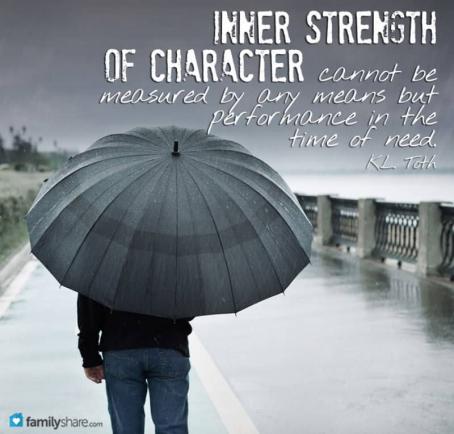
Whether it's unemployment, abuse, divorce or the trauma of an accident, there are some general coping skills you can learn to help you through a life crisis. These skills can help you feel in control no matter what kind of crisis are you in.
1. Focus on what's important
You first need to step back, calm yourself down and then look at the situation rationally. Once you do this, it is easier to make decisions without being paralyzed. When we are under stress, all our education and knowledge on handling a tough situation goes out the door. Once you are able to calmly assess the situation, you can more easily handle the crisis you are under. We all know how to handle the situation calmly when we imagine being in a car accident (what needs to be done first, who to call, etc.), but often when you are in the middle of an accident situation, you don't always think of what you need to do first, second, or third in a calm fashion.
2. Have a support system
When you have a support system, or people you can call on when you are in crisis, they can help you get out of the situation. One crisis someone can be in that they need a support system for is homelessness. In many cases, if there is no family available to contact or they refuse to help you, there are agencies you can turn to.
3. Learn to reduce stress
Often we put undue stress on ourselves by being fearful of the unknown and creating a crisis where there really is none. Planning ahead for a possible crisis can reduce stress in your life.
Often people will find themselves having unfounded fears over their financial situation. The best way to reduce their stress is to learn how to manage their money. We don't always think about setting up a savings for emergencies like a water heater, or conditioner breaking down. But, by setting up a savings for emergencies, you have funds available so you don't have to find yourself under stress when an emergency occurs.
Because unemployment is a big issue for many people, there are some things to think about before a job crisis. Make sure you are aware of what is going on in the industry you work in. Look for other options to generate income before you lose your job. Also learn how you can translate your skills from one field of employment to another field of employment where there is an abundance of jobs.
4. Process your feelings
In many situations when we are in a crisis, we let our emotions take control and paralyze us. The best way to handle our emotions is to sit still, take a deep breath and then look at the situation and set up a strategy to handle the crisis. Look within yourself and calmly think about how you have handled that same situation in the past or think about what you have read about how to handle a similar crisis if it is a crisis that you've never experienced before.
5. Take care of yourself
Often when we are taking care of everyone else, we don't think about taking care of ourselves. Therefore, we may forget to eat, exercise, or just generally take care of our health. When we find ourselves in crisis, we may be feeling weak and paralyzing ourselves with unhealthy habits. There are many things you need to do to take care of yourself - not only healthy living or fitness, but associating with people who support you and you know you can call on when you find yourself in a crisis.

